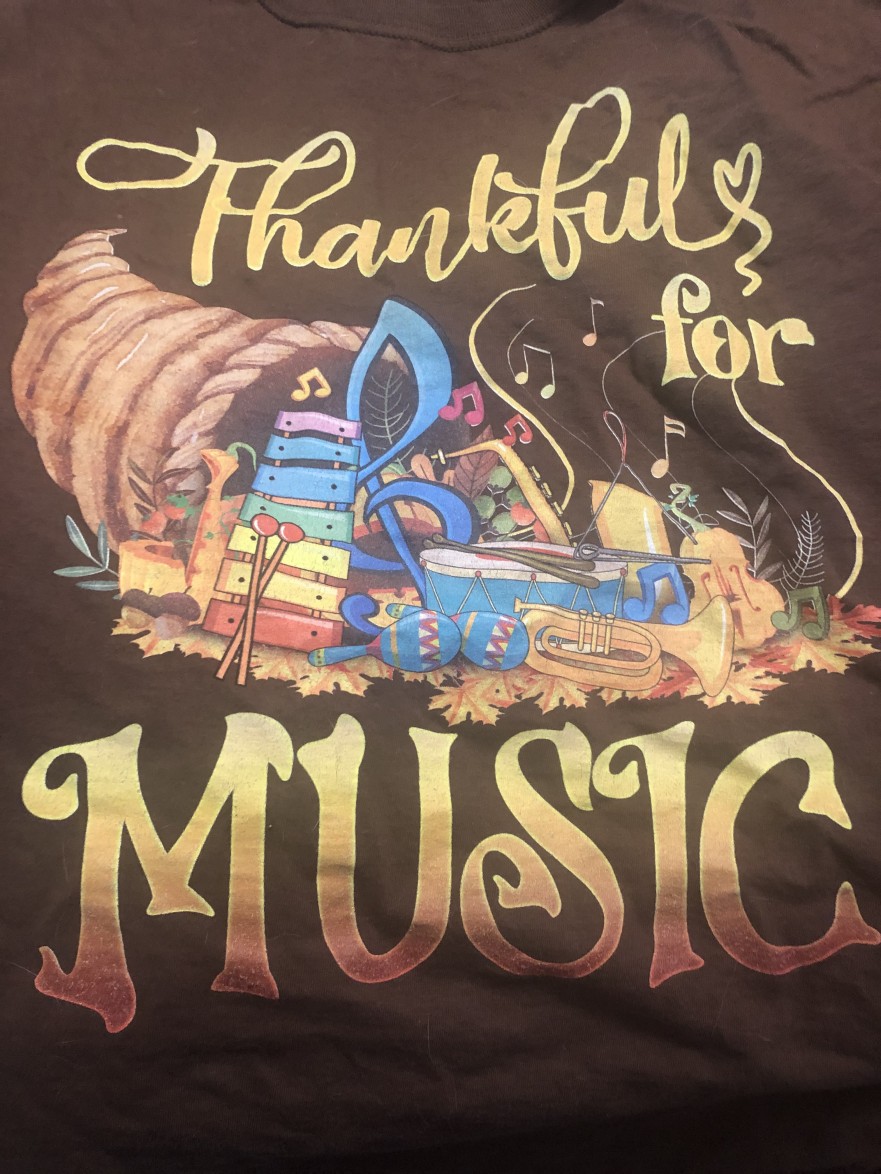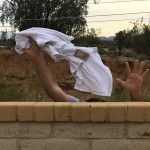Finding gratitude in the profession of education in 2021 is a challenge. There is so much that is working against everyone who is trying to provide a robust learning environment for students.
Some of the Stories from School Arizona authors have been writing about the struggles we are facing.
I wrote about it last month in The Elephant in the Room.
Caitlin Gawlowski wrote about it SOS: Teacher Edition.
Nicole Wolff wrote about it in Time to Use Your Teacher Voice.
We are definitely living through a time of crisis in the education profession. To thrive in this hostile environment, we must find pockets of gratitude.
According to this article in Psychology Today, some of the benefits of gratitude are:
Gratitude opens the door to more relationships.
Gratitude improves physical health.
Gratitude improves psychological health.
Gratitude enhances empathy and reduces aggression.
Grateful people sleep better.
Gratitude improves self-esteem.
Gratitude increases mental strength.
As I ponder this list, I cannot find a single benefit that I would avoid. So what are some practical and accessible ways to foster gratitude?
This article outlines some practices. Here are the ones that really stood out to me:
Gratitude Journaling and Mapping
Some people like to write narratives, some bullet points, others prefer pictures or short notes. Whatever your style is, this technique is easy. I write a couple of words on a sticky note and place them around my desk or staging area to see them frequently.
Gratitude Jar
When something good happens in the classroom, write it down and put it in the jar. Then when you’re having a difficult day and need to turn it around. Take a minute or two and read some of those gratitudes. This can work for a class, teaching team, office staff, or as an individual. You could put a couple of gratitude jars around the school for faculty, then read a few at each staff meeting. A great way to focus on the positive without a heavy lift from anyone.
Volunteering
This can be as simple as bringing food to share, offering to cover a class for a bathroom break, answering the phone because you are in the front office and the staff is swamped. Volunteering doesn’t have to be a colossal undertaking; you just have to do it.
I have a friend who makes a gratitude list using the alphabet. She writes something for each letter until she has 26 things she is grateful for.
How you practice gratitude is not important, just find a way to be intentional about focusing on the positive.
Some things I am grateful for this year:
- Being able to see my students on a “regular” rotation.
- Live performances.
- My personal health.
- Having my own classroom (many elementary music teachers don’t have their own space).
- Advocacy groups that fight the battle to keep public education alive and viable.
- Being part of a team that works well together.
- Supportive friends and family.
- The Arizona K12 Center for Professional Development.
- Working with National Board Candidates.
- Being part of a dynamic network of teachers and education supporters.
What are your gratitude practices?
How do they impact your health: mentally, physically, and emotionally?
What are things that you are thankful for?









